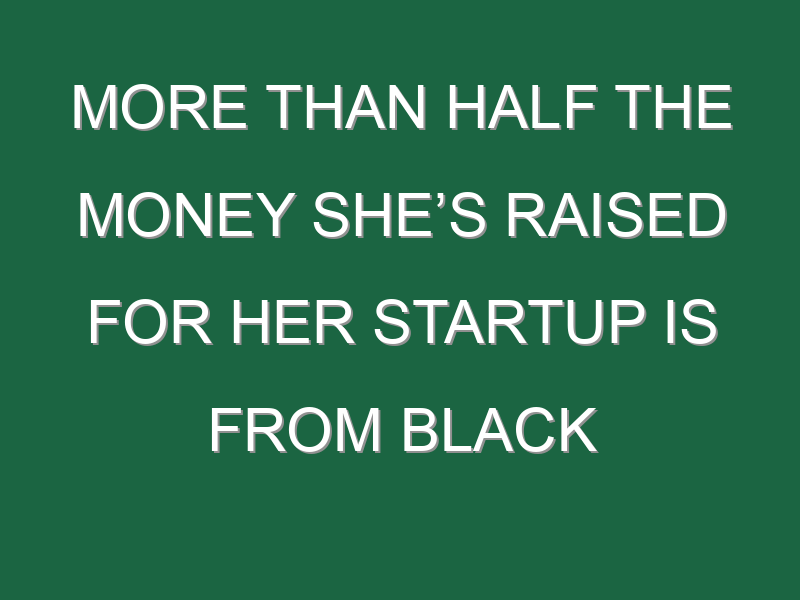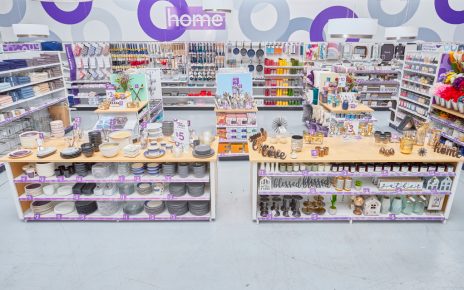Good morning, Broadsheet readers! Elaine Chao and Betsy DeVos resign, Rhode Island Gov. Gina Raimondo is Biden’s pick for commerce secretary, and we learn about a food startup founder’s fundraising strategy. Have a restful weekend.
– Eating away at the funding gap. Earlier this week, we highlighted a story from Business Insider that included a deeply disappointing statistic: Of the hundreds of companies that have gone public in the United States over the years, just 20 or so were founded and led by women.
A big culprit is the funding gap between male- versus female-led startups, a phenomenon we’ve covered at length. In 2019, just $3.8 billion, or 2.7% of all VC money, went to companies founded only by women; another $21 billion (14% of the total pot) went to startups with mixed-gender founders. Female founders of color were subject to an even bigger gulf; they received $880 million or 0.64% of all funding.
That story was fresh in my mind when I read that Partake Foods, an allergy-friendly food brand founded by CEO Denise Woodard, closed a $4.8 million round last month. Woodard is the first woman of color to raise $1 million for a food startup, according to Forbes.
More than half of the $7.5 million Partake has raised so far has come from Black investors—Rihanna was part of this latest round in her first investment beyond her own ventures—and Woodard says that’s by design. One of her aims is to increase wealth in the Black community and having investors who understand that mission “is really important to me,” she said.
When Fortune asked investors last year how to increase funding for Black founders, one answer was to diversify who’s writing the checks. “When you have different archetypes at the top of a firm…you simply have different deal flow,” said Inspired Capital’s Alexa von Tobel.
But Cleo Capital managing director Sarah Kunst said Black founders don’t necessarily have to wait for that change to happen. “You certainly don’t have to be diverse to invest in diverse founders,” Kunst said. Female founders of color are fundraising now, she said, by meeting the demands of an industry that (unfairly) expects more of them.
Woodard, for her part, is hoping to inspire other would-be entrepreneurs by telling her story, including how she sold cookies out of her car early on. “There’s so much of a longer grind,” she told Forbes. “I say that to say that if I can figure this out and get here, anyone can.”
Claire Zillman
[email protected]
@clairezillman
Today’s Broadsheet was curated by Emma Hinchliffe.





